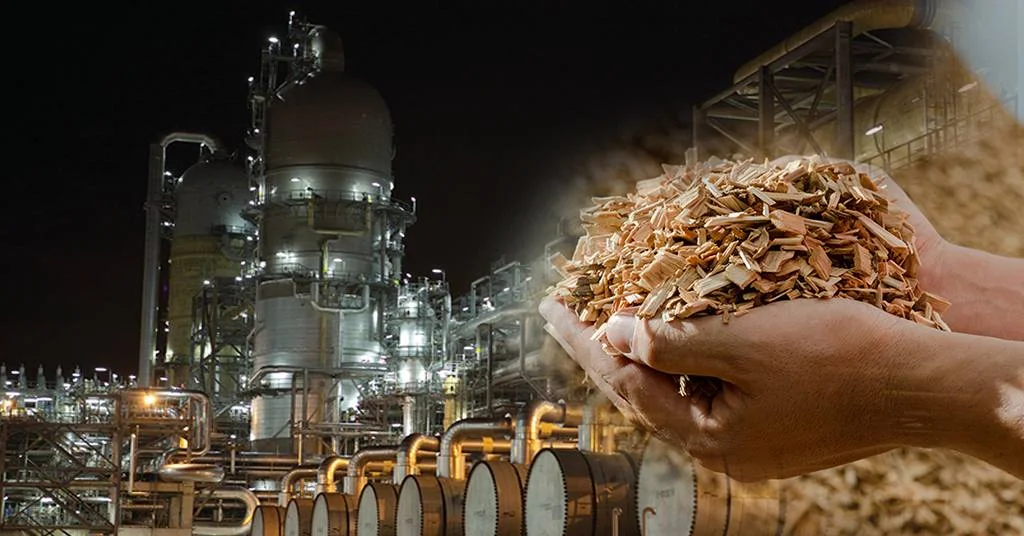Welcome To ChemAnalyst

In a move aimed at bolstering the local petrochemical industry, South Korea has announced the removal of tariffs on imports of Naphtha, key materials used in the production of rubber, plastic, and synthetic fiber. The decision comes as a response to the challenges faced by the country's petrochemical sector, which disruptions in imports from Russia have impacted due to the ongoing war between Russia and Ukraine. According to the Ministry of Economy and Finance, the measure will lower tariffs on all Naphtha imports to zero through the end of 2023, eliminating the current 0.5 percent tariff rate. This move is expected to alleviate price burdens for companies that rely on Naphtha and crude oil imports to produce essential materials for various industries.
Naphtha is a crucial component in the petrochemical industry. By removing tariffs on these imports, the government aims to support South Korea's domestic petrochemical industry and maintain its competitiveness in the global market. The decision to remove tariffs on Naphtha and crude oil imports is critical, as South Korea faces increased competition from other petrochemical giants such as China and India. Both China and India have recently invested in expanding their production facilities, potentially posing a significant challenge to South Korea's petrochemical exports in the future. The removal of tariffs is seen as a strategic move to ensure the sustained growth and competitiveness of South Korea's petrochemical industry amid these shifting market dynamics. By providing necessary support to local companies, the government aims to strengthen its position in the global supply chain and secure a stable foundation for the industry's continued growth.
The elimination of tariffs makes Naphtha imports more attractive to South Korean businesses. With reduced trade barriers, companies may opt to increase their Naphtha imports from international suppliers, ensuring a stable and sufficient supply of raw materials. This increased demand for Naphtha imports could also pressure global Naphtha prices.
The ChemAnalyst, welcomed the decision, highlighting its potential positive impact on the petrochemical sector and related downstream industries in South Korea. With the tariffs on Naphtha imports now reduced to zero, companies can expect increased cost savings and improved access to essential raw materials, which, in turn, could stimulate innovation and productivity within the sector.
As South Korea takes steps to fortify its petrochemical industry, the government remains vigilant in addressing external challenges and uncertainties, seeking to maintain its position as a key player in the global petrochemical market.
We use cookies to deliver the best possible experience on our website. To learn more, visit our Privacy Policy. By continuing to use this site or by closing this box, you consent to our use of cookies. More info.
